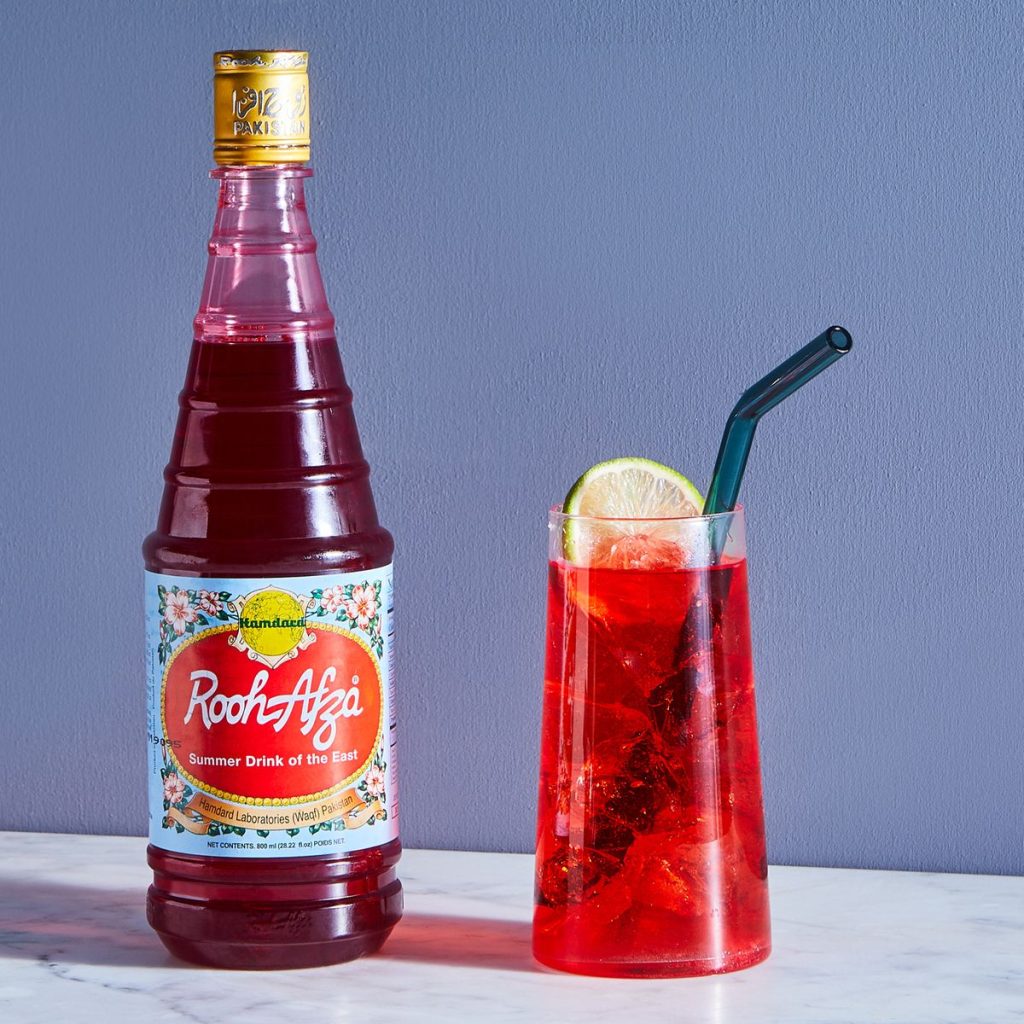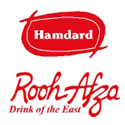
A story of faith, flavor, and fierce debates in modern India
In a world obsessed with fizzy colas and synthetic energy drinks, one crimson-hued syrup has stood the test of time, politics, and palate: Rooh Afza. But behind this cherished summer staple lies an organization with an equally fascinating—and at times controversial—story. Welcome to Hamdard, a name that means “companion in pain” and a brand that evokes nostalgia, devotion, and debate.
A Healing Beginning in Old Delhi
The story begins in 1906, in the bustling lanes of Old Delhi, when Hakeem Hafiz Abdul Majeed, a practitioner of Unani medicine, founded a small clinic with a big dream—to heal the masses. Inspired by the values of service, spirituality, and science, he named it Hamdard.
In 1907, Majeed launched Rooh Afza, a refreshing concoction of herbs, fruits, and rose essence, designed to beat the sweltering heat of Delhi. Over time, the tonic transformed from a medicinal syrup into a pan-Indian cultural icon.
But Hamdard wasn’t just a business. After Hakeem Majeed’s untimely death, his wife and sons transformed it into a waqf (Islamic charitable trust). By law and spirit, 85% of its profits would now be reinvested in education, healthcare, and research—a mission it continues to uphold.
Rooh Afza: More Than Just a Drink
There is no summer without Rooh Afza. From iftar feasts during Ramzan to school lunchboxes and street-side faloodas, the ruby-red syrup has found its place across religious and regional divides.
It’s not just a drink—it’s an emotion. A bottle of Rooh Afza on the shelf is a symbol of tradition, hospitality, and sometimes, resistance to change.
Across India, Pakistan, and Bangladesh, separate Hamdard entities continue to manufacture the drink with near-identical recipes and packaging. A rare case of shared culinary heritage in a divided subcontinent.
The Controversy That Brewed
In 2022, Hamdard found itself caught in the web of a political firestorm. Rumors spread online and offline alleging that the company only hired Muslim employees—a charge that sparked angry calls for boycotts, especially from fringe right-wing groups in North India.
The tipping point came when a Mahapanchayat in Manesar publicly demanded that Hamdard reserve 50% of jobs for Hindus, alleging that the company was discriminatory despite operating on land acquired from Hindu farmers.
But what was the truth?
Hamdard’s Manesar unit head, Shailesh Tiwari, who himself is Hindu, came forward to clarify: “I am a Hindu heading the unit. We have a mixed team and religion is not part of our recruitment policy.”
Fact-checking websites backed this statement, confirming that Hamdard’s employee base was diverse, and no job circulars indicated any religious preference. Still, the brand became a convenient target in an increasingly polarized socio-political climate.
Faith, Business & Branding in a Divided India
The attacks weren’t isolated. In 2025, Baba Ramdev’s Patanjali Foods released an ad claiming that buying Rooh Afza funded “sharbat jihad” —an insinuation that Hamdard’s profits were used for mosque construction. The Delhi High Court stepped in, banning the ad and admonishing Patanjali for communal defamation.
Yet, Hamdard never hit back with aggressive PR. It stood by its silent legacy of charity, inclusion, and wellness. And while it wears its Islamic origins proudly, it has always sold Rooh Afza to anyone who wanted to cool down, regardless of religion.
Why Hamdard Remains Irreplaceable
- Cultural Bridge: Rooh Afza is one of the few consumer products that has united India, Pakistan, and Bangladesh for over a century.
- Charitable DNA: Every bottle sold funds education, healthcare, and research. Hamdard’s model of business-for-good sets it apart.
- Unani Legacy: In a world racing toward allopathy and synthetic drugs, Hamdard keeps Unani medicine relevant and trusted.
- Nostalgia Meets Necessity: It’s not just about taste. It’s about memories, rituals, and generational loyalty.
Final Sip
Hamdard is not just a company. It is an idea—a healing companion, a cultural constant, and a quiet warrior in the battlefield of modern branding wars. Whether you sip Rooh Afza during an iftar or mix it into your lassi on a summer noon, remember this:
FOR MORE BLOGS –beyondthepunchlines.com

 Add to favorites
Add to favorites








